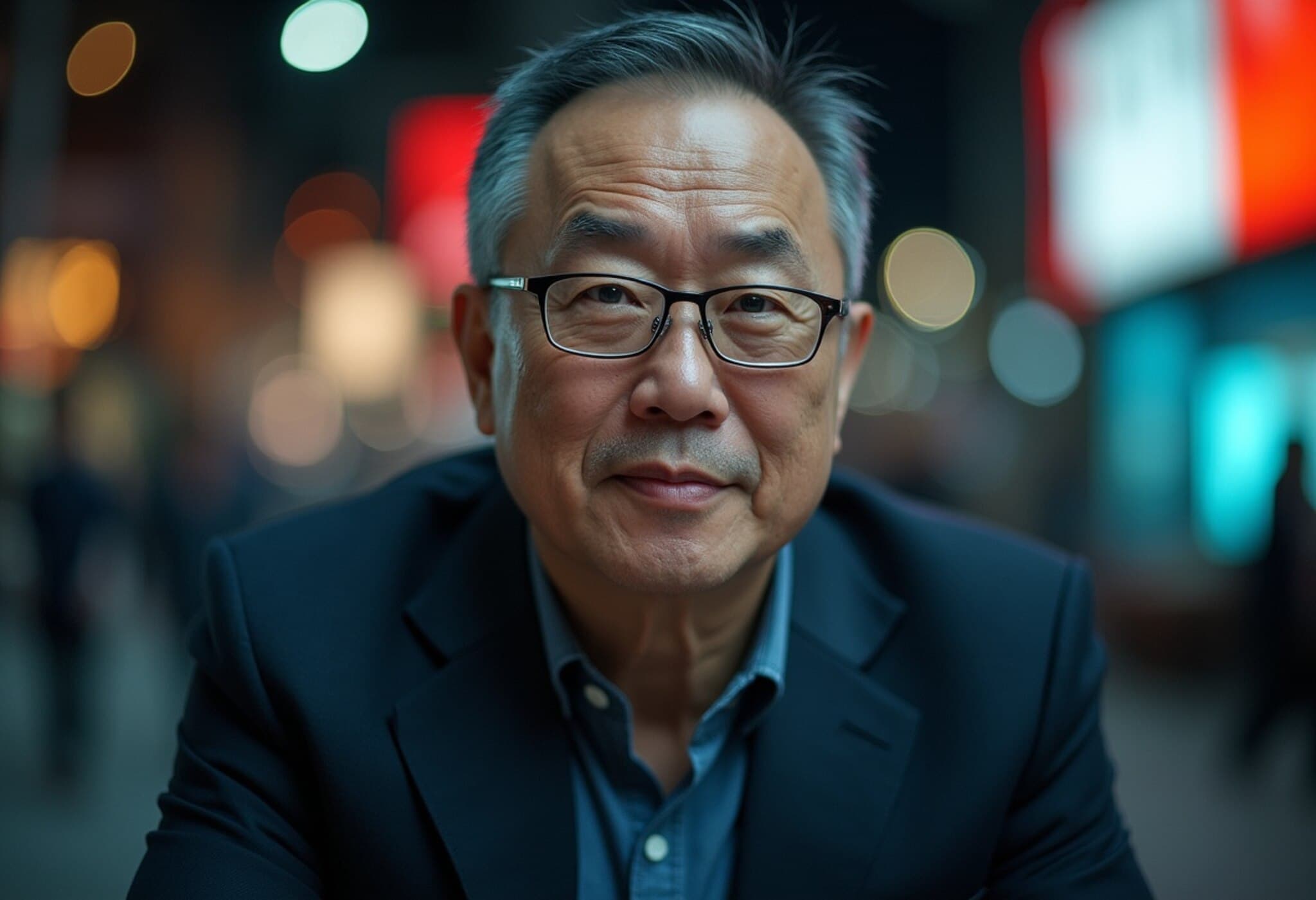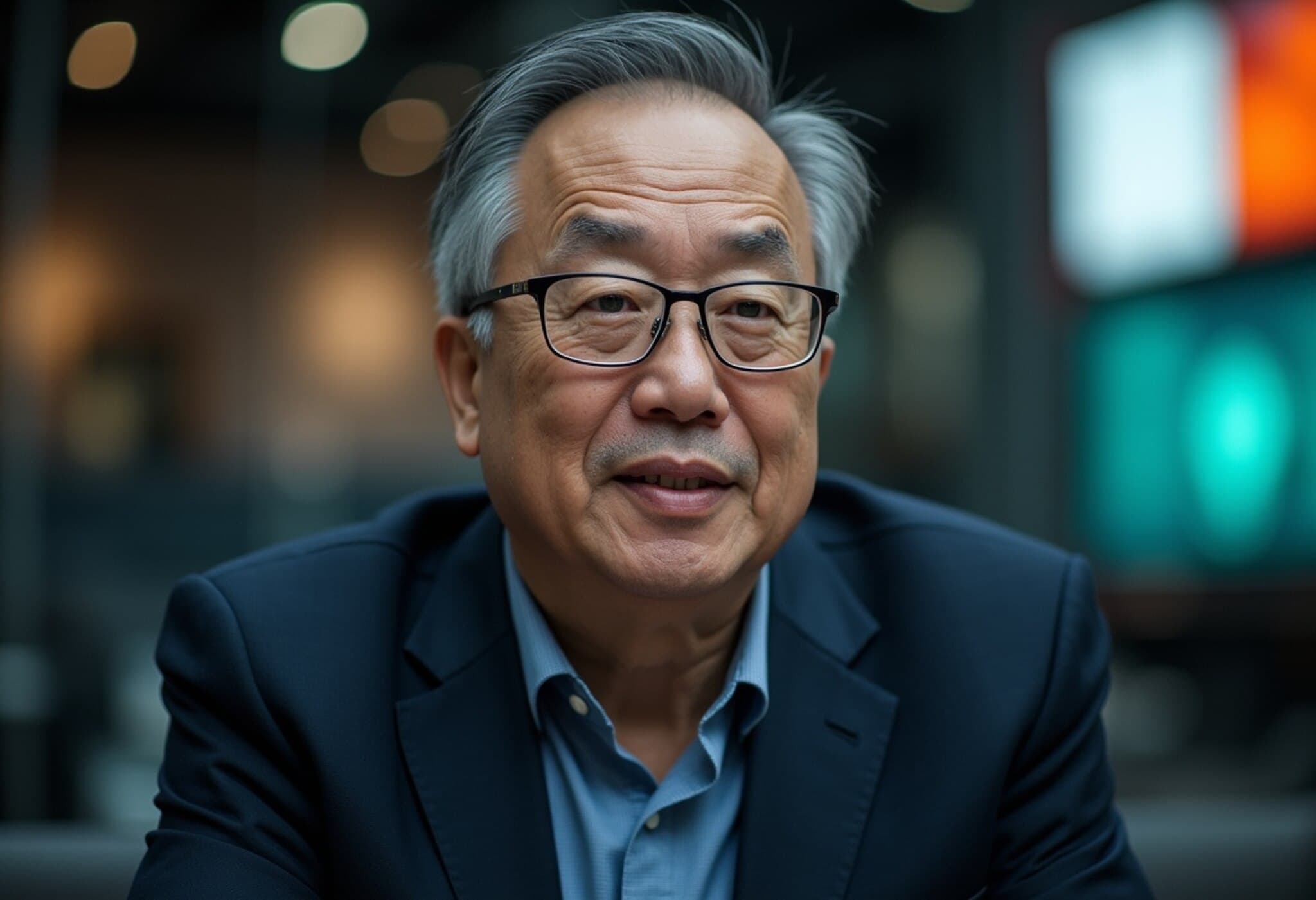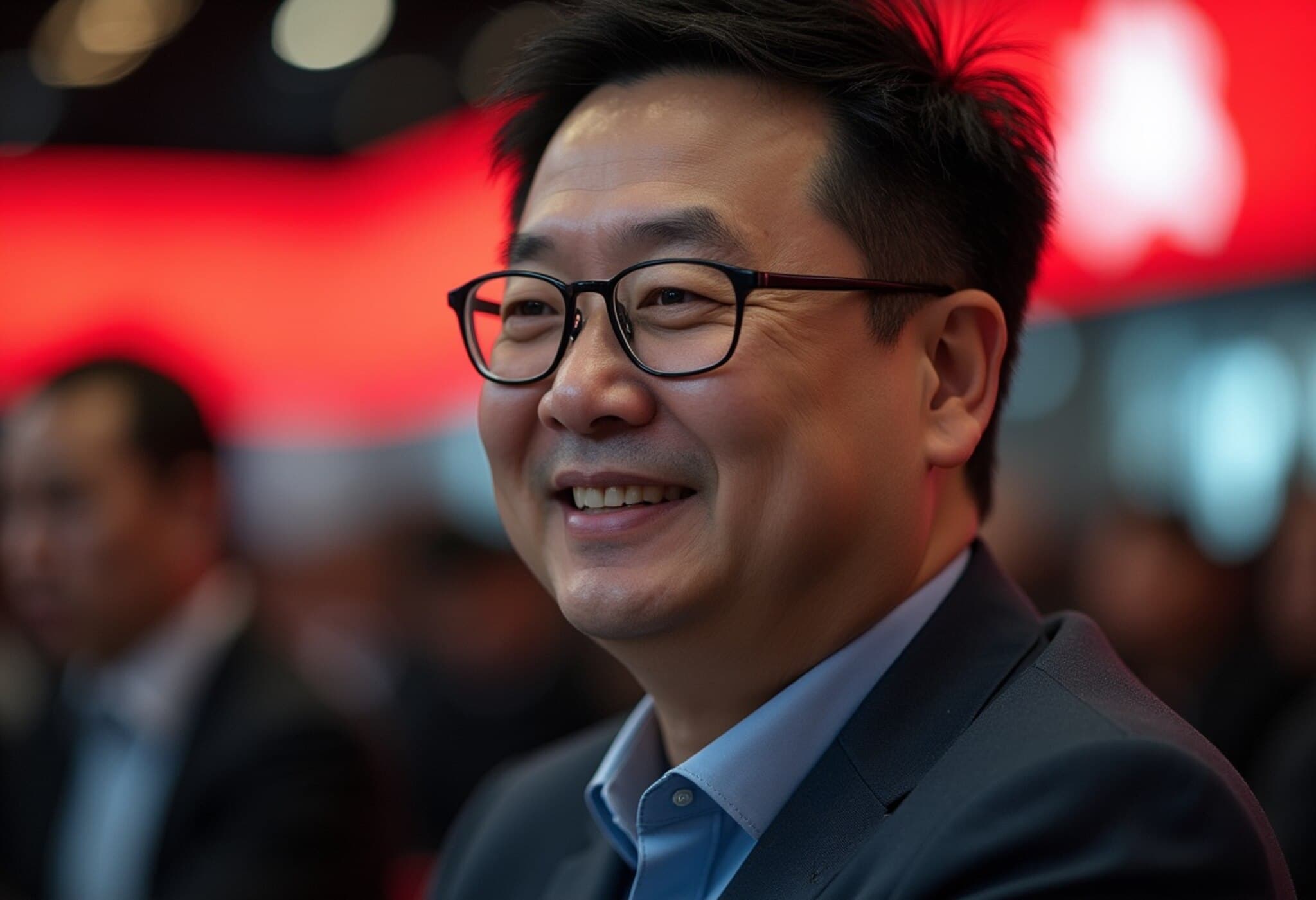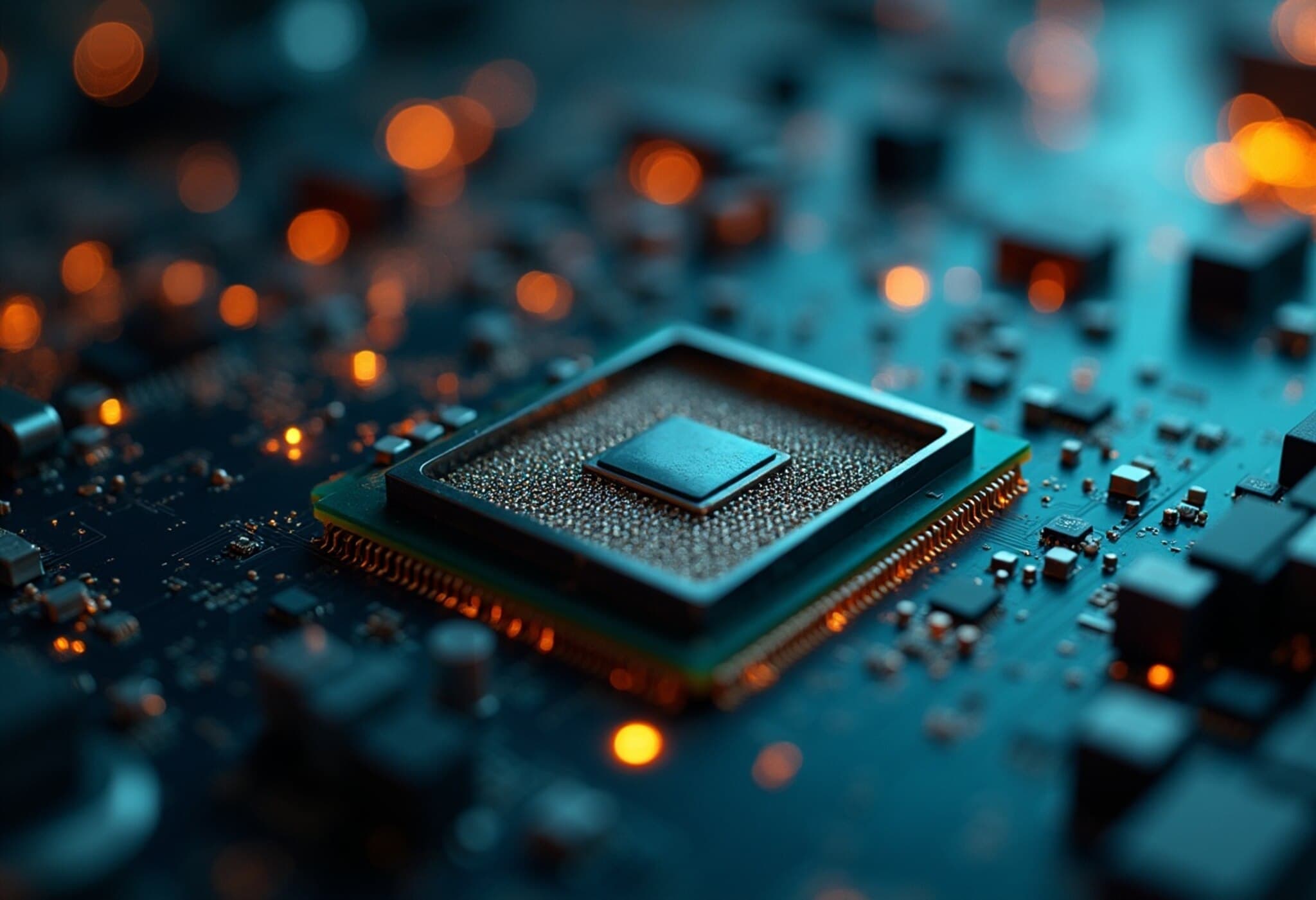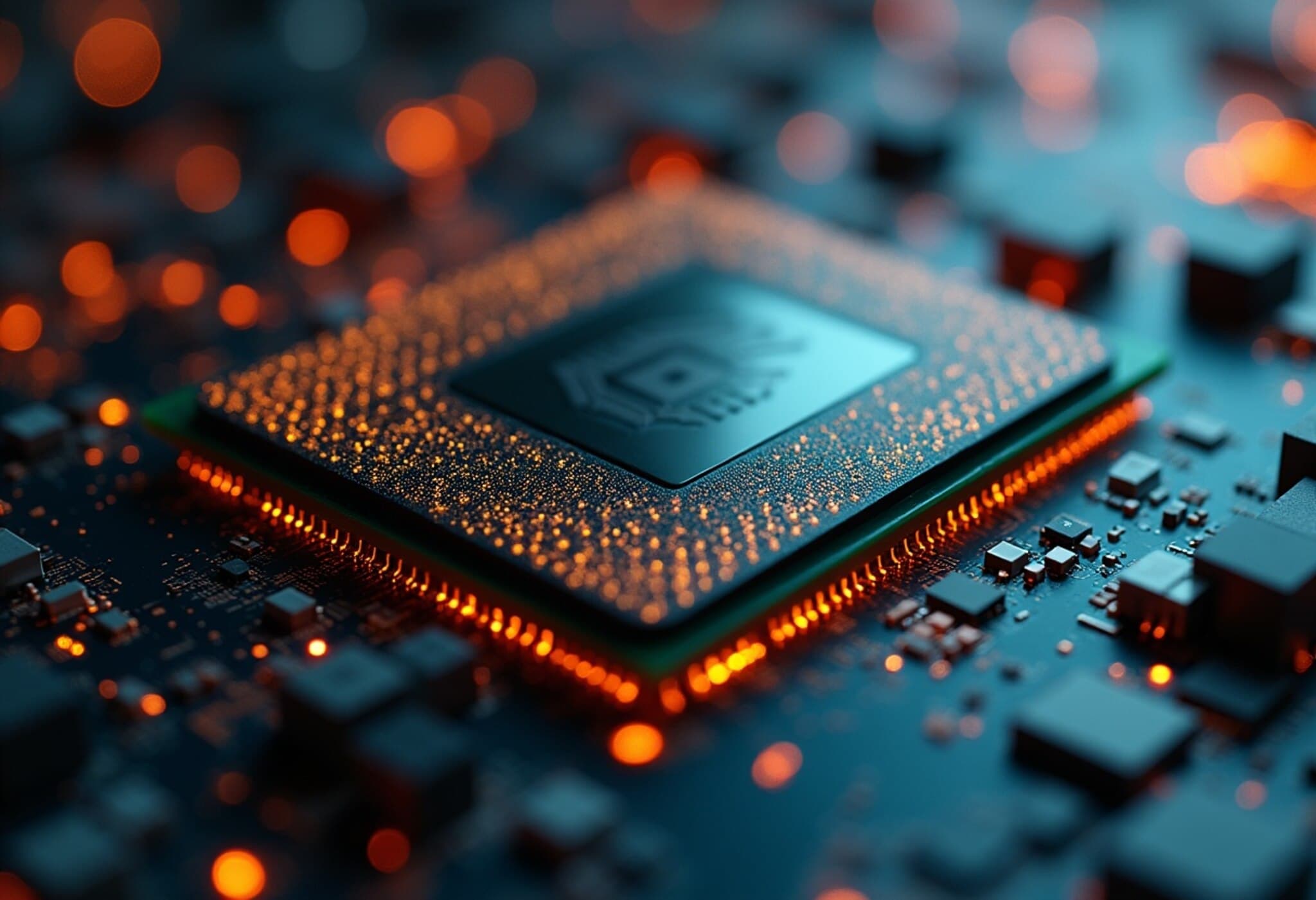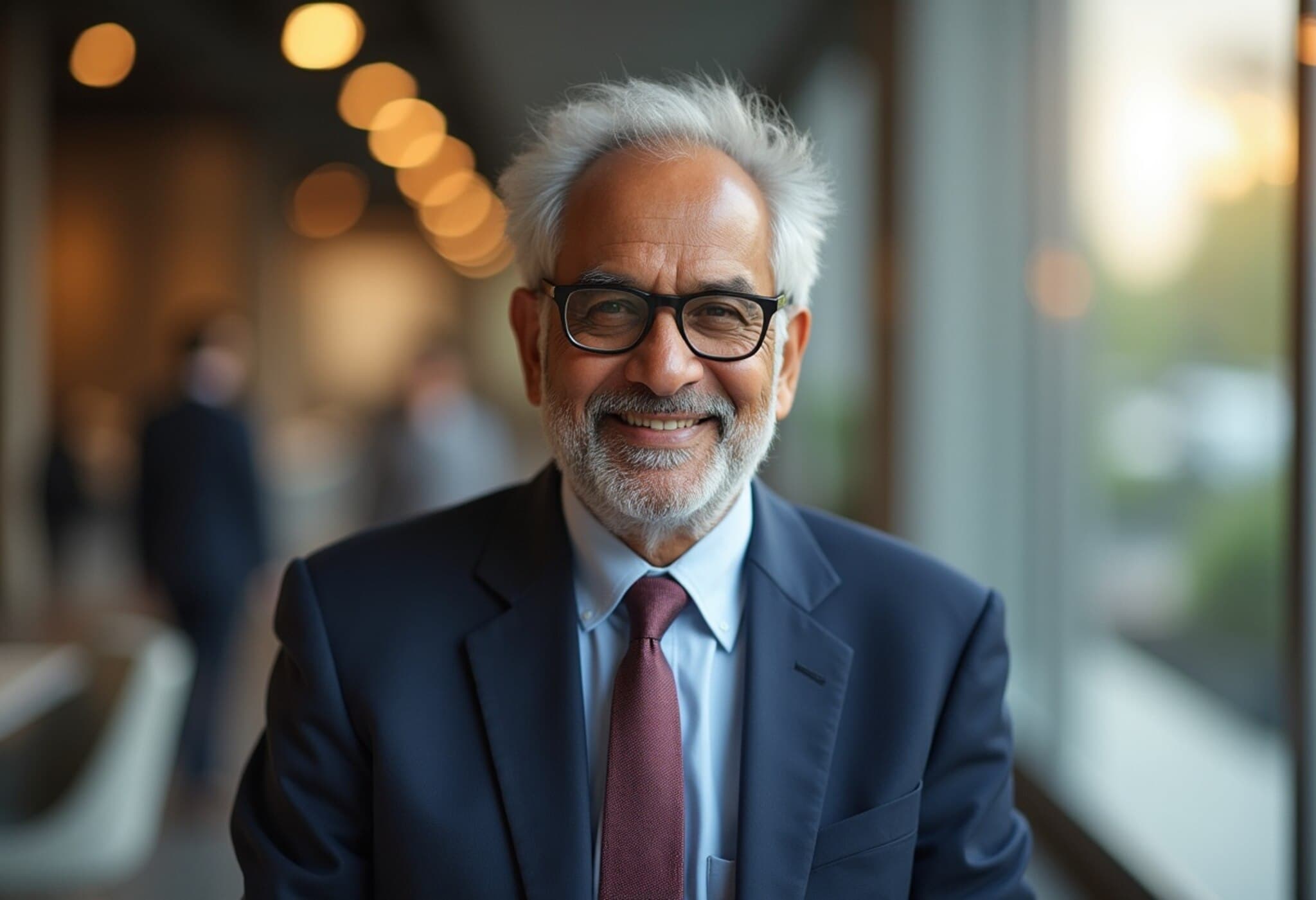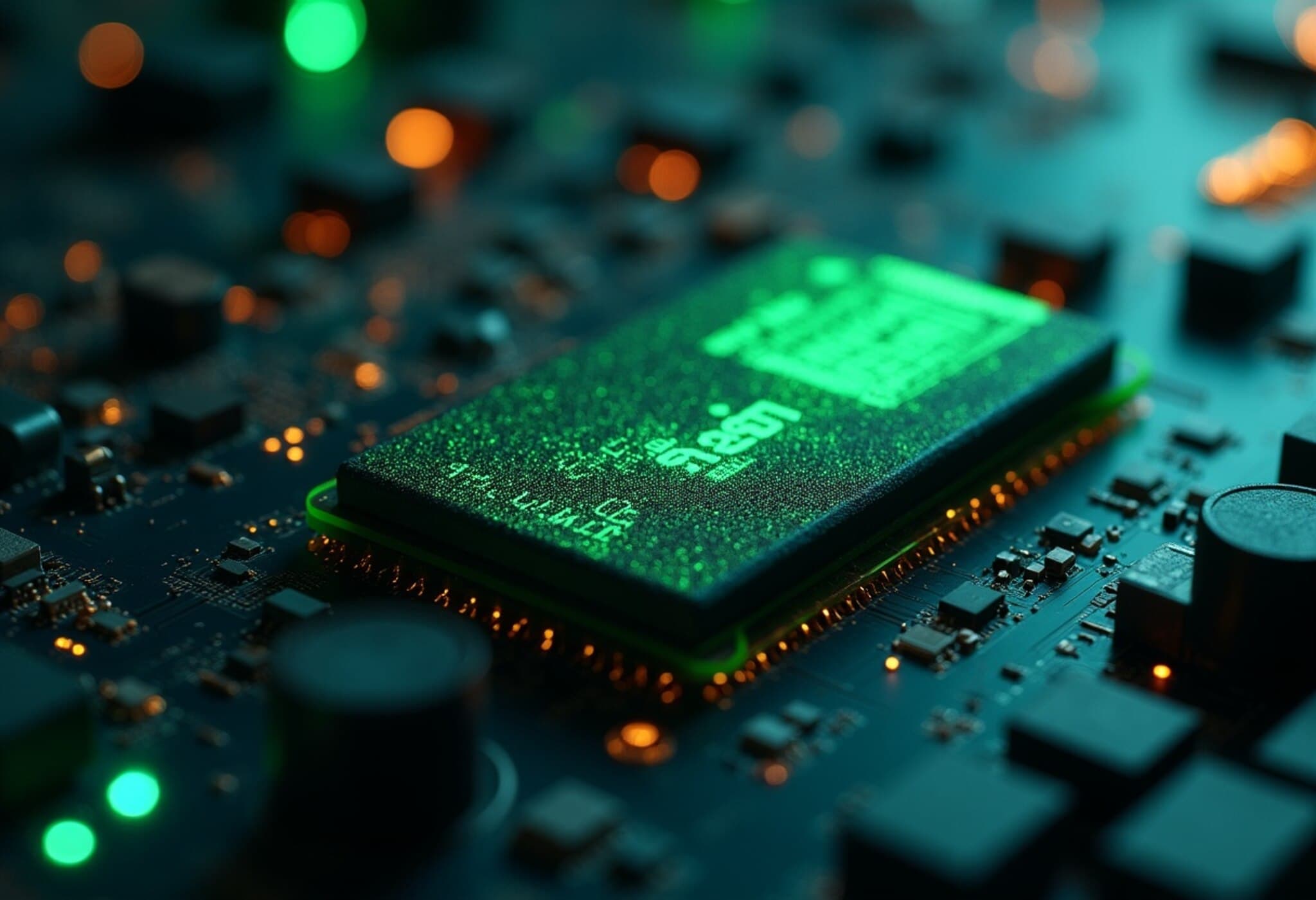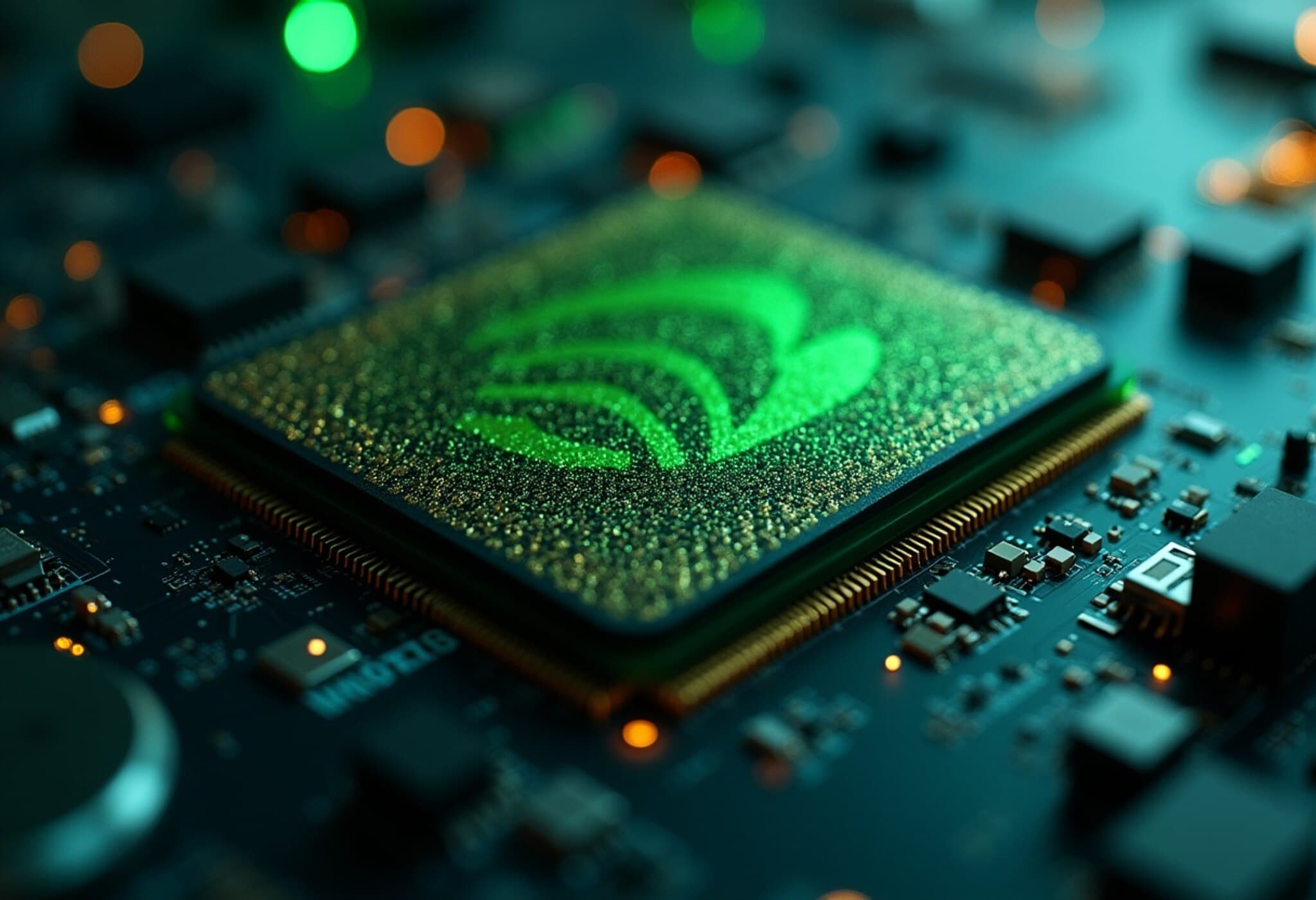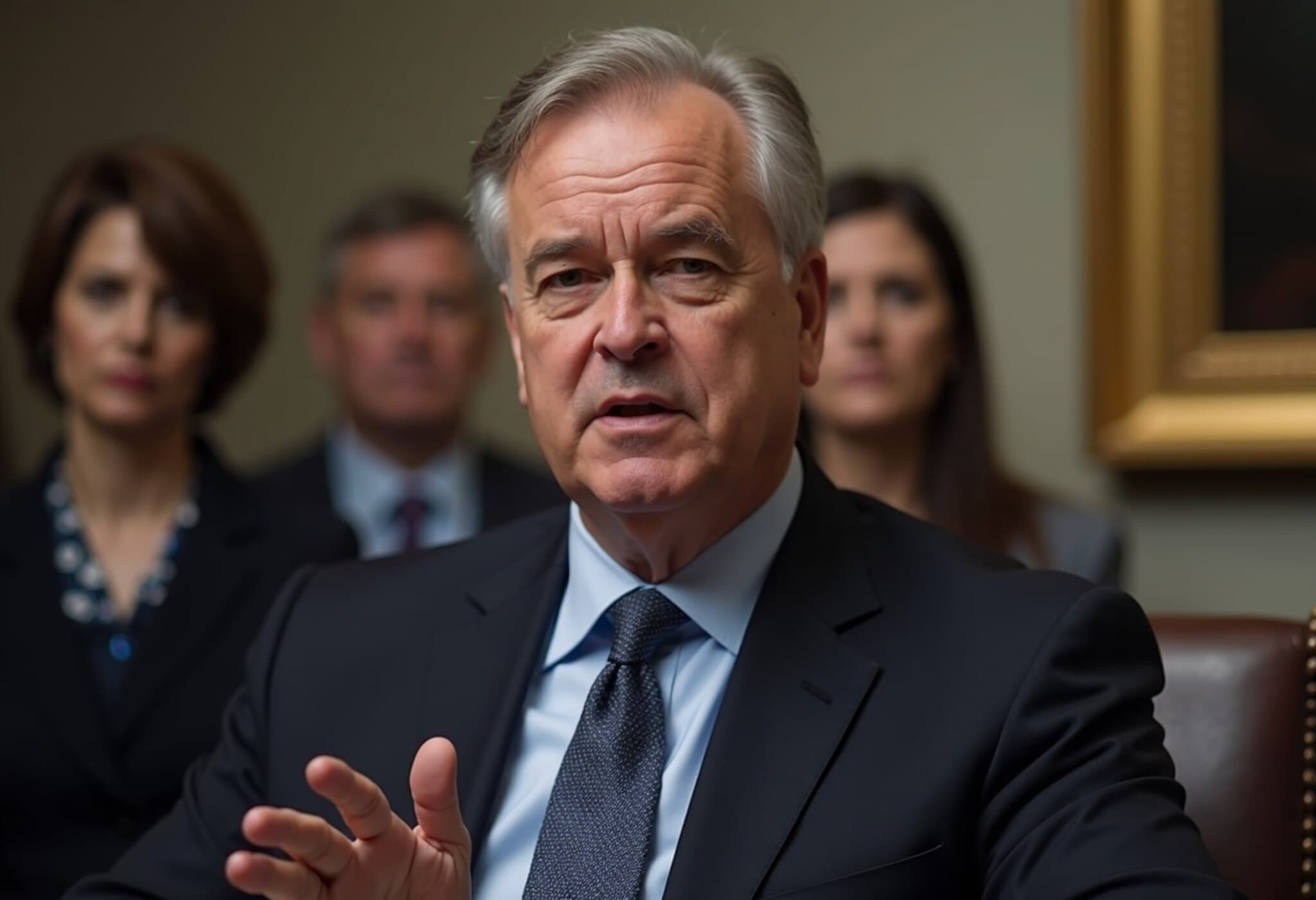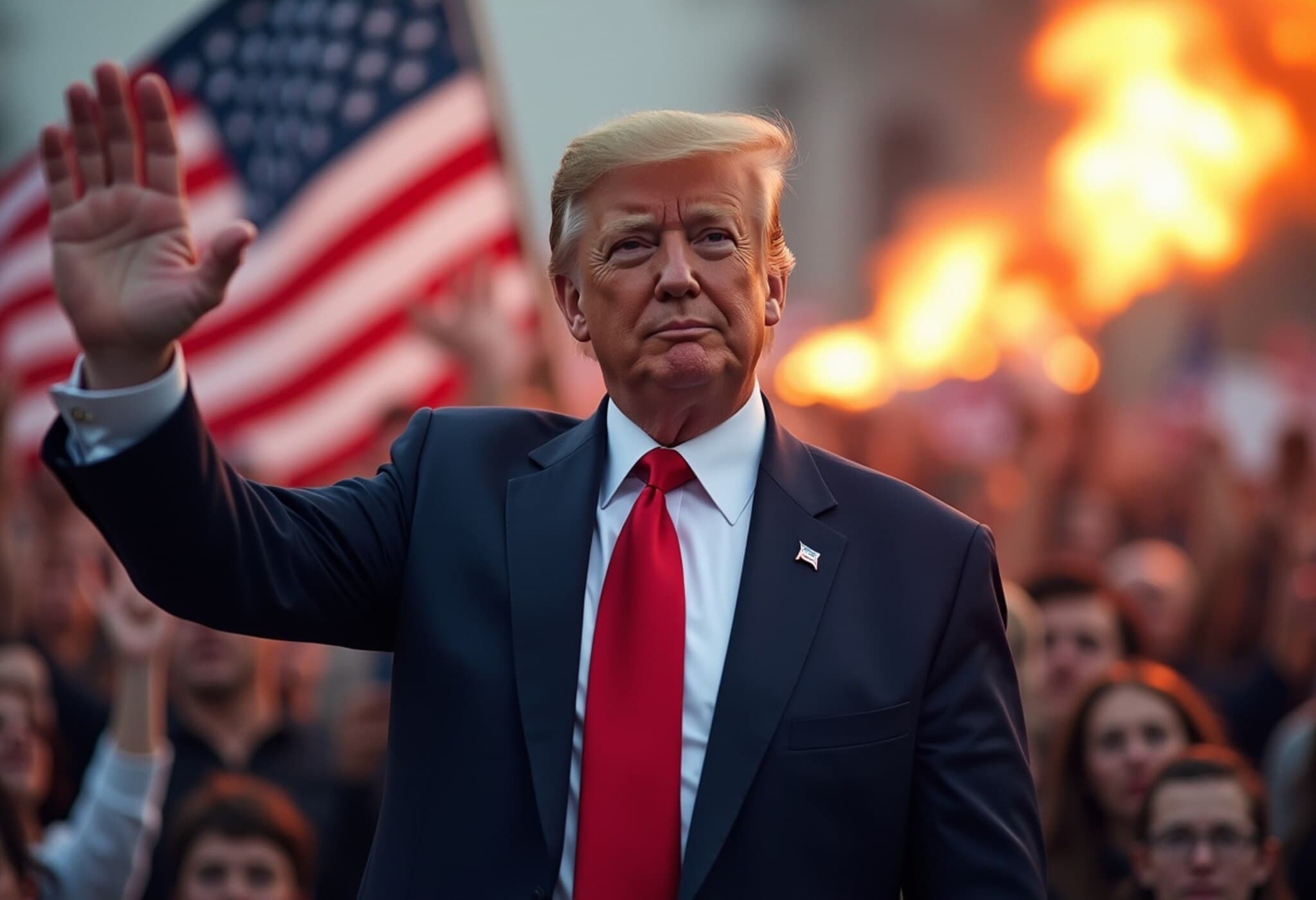Nvidia CEO Jensen Huang Addresses U.S. Fears on China’s Military Access to AI Chips
In a recent interview with CNN, Nvidia’s co-founder and CEO Jensen Huang sought to calm growing U.S. apprehensions about the potential use of his company’s advanced AI chips by the Chinese military. Speaking just days before embarking on his second trip to China this year, Huang argued that Beijing doesn’t rely on American semiconductor technology to build its military capabilities.
Walking a Diplomatic Tightrope Amid Rising Tensions
With U.S.-China relations fraught over technology and national security, Huang’s remarks highlight the delicate balancing act he faces. "They don’t need Nvidia’s chips, certainly, or American tech stacks in order to build their military," Huang said, emphasizing that China has abundant domestic computing capacity and can operate independently of U.S. semiconductor exports. His comments come amidst longstanding bipartisan policies in Washington that restrict American companies from selling cutting-edge AI chips to China, aiming to limit Beijing’s military modernization.
Critique of Export Controls and Implications for U.S. AI Leadership
Huang has been vocal against these export controls, suggesting they may inadvertently hamper America’s goal to remain the global leader in artificial intelligence. “We want the American tech stack to be the global standard,” he noted, stressing that about half of the world’s AI developers are in China. To dominate the future AI landscape, U.S. technology must extend beyond domestic borders—an argument that challenges the efficiency of restrictive trade policies.
Economic Impact and Strategic Concerns
- Financial setbacks: Since Washington introduced tighter rules in April limiting Nvidia’s chip sales to China, the company has faced billions in lost revenue.
- Policy tensions: Congressional warnings urge vigilance against business with Chinese firms tied to their military or intelligence sectors.
Despite Huang’s reassurances, experts like Daniel Newman, CEO of advisory firm The Futurum Group, caution that it’s unrealistic to dismiss American worries completely. "Advanced Nvidia technology is likely foundational for any nation’s AI-driven military pursuits," Newman says. The U.S. government has flagged Chinese AI firms such as DeepSeek, accused of leveraging Nvidia hardware to bolster military and intelligence operations.
Nvidia’s Role in a Complex AI Ecosystem
Huang acknowledged concerns around DeepSeek’s open-source R1 reasoning model but praised its groundbreaking capabilities and the broader potential of open AI technology to empower startups and various countries alike. "China and the U.S. are competitors but also deeply interdependent," he reflected, underscoring a nuanced reality where economic ties and rivalry coexist.
Contextual Insight: What This Means for U.S. Tech Policy and Global AI Competition
The Nvidia CEO’s comments put a spotlight on the challenges facing U.S. policymakers who aim to protect national security without stifling technological innovation or disadvantaging American firms in an increasingly competitive global market. As AI becomes a critical element in both civilian industries and military strategies, debates rage over the best approach to regulate exports, while maintaining U.S. influence.
This evolving landscape invites further questions:
- How effective are current export controls in preventing military tech transfers without isolating U.S. companies?
- Can the U.S. maintain AI leadership if a significant portion of developers and technological advancements occur in China?
- What ethical responsibilities do tech CEOs bear when navigating geopolitically sensitive markets?
Editor’s Note
Jensen Huang’s candid interview sheds light on the complex intersection of business, technology, and geopolitics in the 21st century. His nuanced stance invites us to re-examine rigid policy frameworks in favor of more sophisticated strategies that balance national security with innovation leadership. As AI technology permeates both civilian life and defense systems, the global community must grapple with the paradox of competition intertwined with collaboration. Will U.S. export controls evolve to meet this reality, or risk ceding ground to rivals? This remains an urgent question for policymakers and industry leaders alike.

